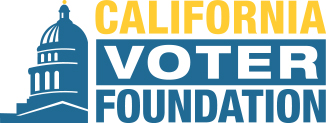Excerpts:
Elections in the U.S. have become so polarizing that California is considering treating poll workers with the same caution as domestic violence victims by letting them keep their addresses hidden from public records.
The California Legislature on Monday advanced a bill that would add some election workers to the state’s “Safe at Home” program that’s lets some people to keep their physical addresses secret. The program was originally designed to protect domestic violence victims, but has since been expanded to include people who work at abortion clinics and their patients.

